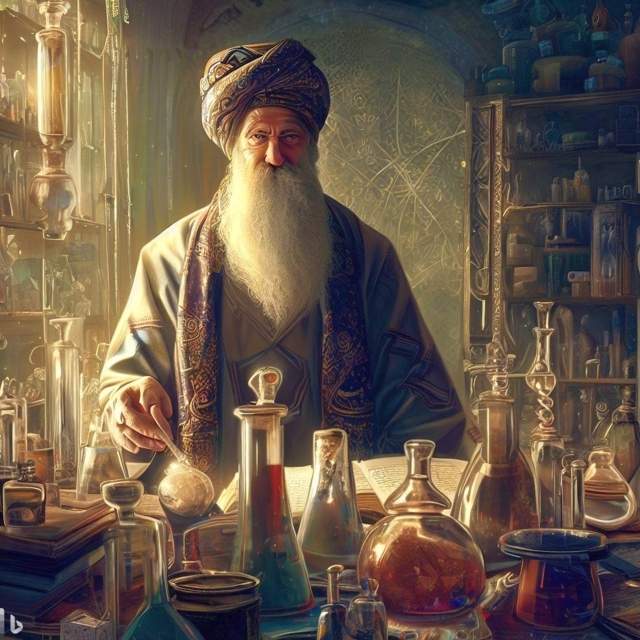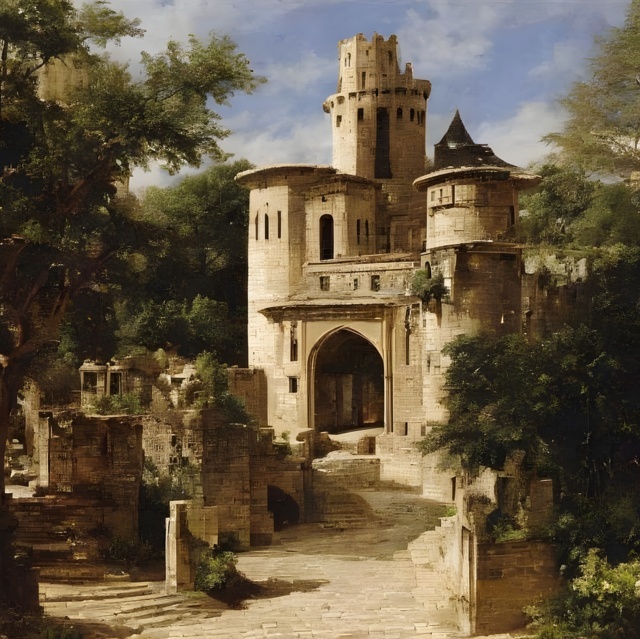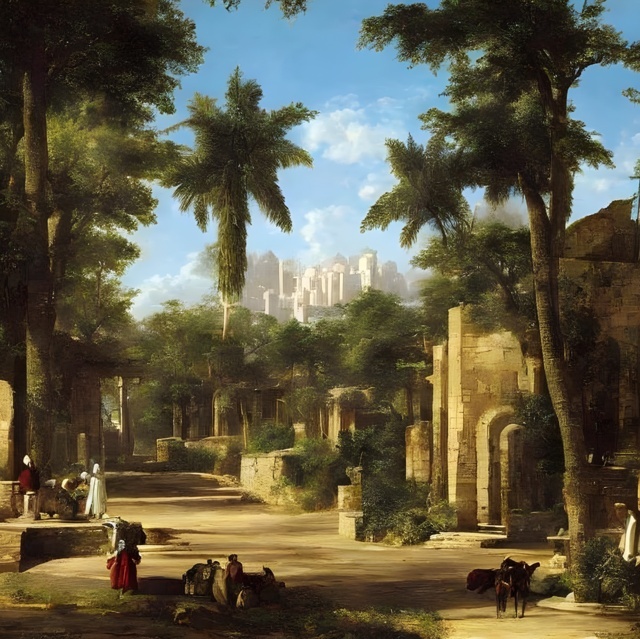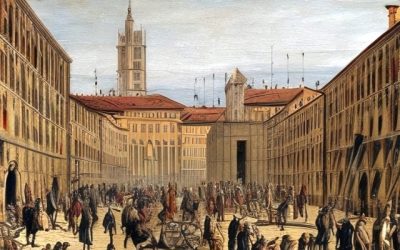The history of chemistry traces back thousands of years to ancient civilizations that began experimenting with various materials and substances. However, one figure stands out as the true founder of chemistry as a systematic science: the Arab alchemist and philosopher Jabir ibn Hayyan. Known in the West as Geber, Jabir pioneered essential chemical methods and processes in the 8th century that formed the foundation of modern chemistry. Through his seminal work, this medieval polymath earned his reputation as the “father of chemistry”.
Background and Early Life
Jabir ibn Hayyan was born around 721 AD in the Persian city of Tus, located in modern-day Iran. He lived most of his life in Kufa, Iraq during the Abbasid Caliphate. This was a golden age for science and learning in the Muslim world, with major cities like Baghdad hosting abundant libraries and erudite scholars. Jabir studied under the famous Islamic teacher Ja’far al-Sadiq and was strongly influenced by the Greco-Egyptian alchemical tradition. Over his lifetime, he wrote over 3,000 treatises covering a remarkable range of subjects including alchemy, chemistry, astronomy, astrology, medicine, philosophy, theology, and more. However, most of his original writings have been lost over the centuries.
Pioneering the Scientific Method
Jabir’s most important and influential work was Kitab al-Kimya (Book of Alchemy). This seminal text established the experimental scientific method centuries before European scholars embraced it. Jabir emphasized meticulously recorded observations and procedures. He wrote that alchemical theories should be proven through experimentation to verify results. This evidence-based approach was foundational to the development of modern chemistry.
Innovations in the Laboratory
In his well-equipped laboratory, Jabir carried systematic experimentation to an unprecedented level. He greatly improved key chemical techniques like crystallization, distillation, evaporation, and filtration that are still used today. For instance, he invented several types of equipment for distillation processes including the alembic, which became essential to medieval and early modern alchemists. The careful measurement and weighing of materials was also key to his experimental method. Jabir’s innovative lab work exemplified the beginning of chemistry as a modern science.
Groundbreaking Discoveries in Chemistry
Among Jabir’s most important chemical discoveries was hydrochloric acid. He called this substance “spirit of salt” and cleverly produced it by heating rock salt with sulfuric acid. Jabir also developed techniques for producing other acids, alkalis, and antimony compounds. He studied oxidation and reduction reactions centuries before these concepts were formally established. Jabir’s advances in chemical procedures, laboratory techniques, and the creation of new compounds laid the foundations of inorganic chemistry.
Alchemy and Philosophy
In the realm of alchemy, Jabir championed the medicinal and mystical aspects of the craft. He focused extensively on elixirs and attempted to transmute metals into gold. The mystical Hermetic and occult elements of his alchemy would influence Western occultists for centuries. However, Jabir developed a theory of metals and compounds that aligned surprisingly well with modern chemistry. He hypothesized that metals formed from different combinations of sulphur and mercury. Though this was inaccurate, it showed an early groping towards atomic theory and the notion of elements and compounds. Beyond his seminal contributions to chemistry, Jabir delved into many other fields of study. He wrote influential texts on subjects like astrology, numerology, cosmology, music theory, and medicine. As a philosopher, he integrated the disciplines of science, mysticism, and theology within an Islamic framework. The interconnection between physics, metaphysics, and religion in his worldview represented an early unified theory of science and faith. Indeed, many scholars consider Jabir ibn Hayyan an exemplar of an “alchemist philosopher.”
Legacy and Impact
While Jabir became well-known in the Islamic world during his lifetime, his reputation would grow substantially in Europe many centuries later. As his books were translated into Latin, European alchemists and scholars in the Middle Ages and Renaissance absorbed his knowledge and methods. The 15th century Spanish alchemist Gerard of Cremona produced translations of Jabir’s work that circulated widely. The prominent Swiss physician Paracelsus in the 16th century considered Jabir an authority and inspiration. From the Middle Ages onwards, Jabir ibn Hayyan was recognized in Europe as the greatest alchemical sage of the early medieval era.
Over 1200 years after his death, Jabir ibn Hayyan’s legacy as the founder of chemistry continues to be honoured today. He pioneered the transition of alchemy into chemistry through his emphasis on experimentally verifying chemical theories. As the West rediscovered his work, Jabir’s contributions ignited advancements in chemistry during the Scientific Revolution. Every student who learns basic lab techniques in a chemistry class can trace that equipment back centuries to the groundbreaking methods Jabir developed. Across the globe, he deserves recognition as one of the most influential scientists from the medieval Muslim world who laid the foundations of modern science. When we reflect on this history, the remarkable work of the Arab alchemist Jabir ibn Hayyan represents a crucial link between ancient natural philosophy and modern chemistry.
References
– Holmyard, E.J. (1990). Alchemy. Dover Publications.
– Newman, William (2004). Geber. In Newman, William; Grafton, Anthony (eds.). Secrets of Nature: Astrology and Alchemy in Early Modern Europe. MIT Press. pp. 57–58.
– Strathern, P. (2001). Mendeleyev’s Dream: The Quest for the Elements. Berkley Trade.
Tags
Divi Meetup 2019, San Francisco
Related Articles
Unappreciated Greatness
Life and Legacy of Jahangir of the Mughal Empire. Jahangir ruled over one of the largest empires in human history during his lifetime, yet few people outside of South Asia have heard of him. I aim to shed light on the life and legacy of this remarkable figure,...
The Plague Doctor’s Diary
A Personal Account of the Turin Epidemic of 1656. I am writing this diary to record my experiences and observations as a plague doctor in Turin, the capital of the Duchy of Savoy, during the terrible epidemic that has afflicted this city and its surroundings since the...
The Timeless Beauty of Bustan
Unveiling the Secrets of Saadi Shirazi's Masterpiece.In the realm of Persian literature, few works have captured the essence of love, spirituality, and morality quite like Bustan (The Orchard) by Saadi Shirazi. This 13th-century masterpiece has left a lasting impact...
Stay Up to Date With The Latest News & Updates
Explore
Browse your topics of interest using our keyword list.
Join Our Newsletter
Sign-up to get an overview of our recent articles handpicked by our editors.
Follow Us
Follow our social media accounts to get instant notifications about our newly published articles.









